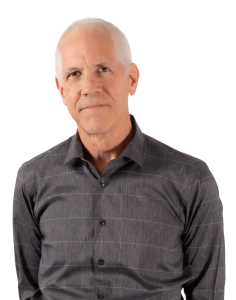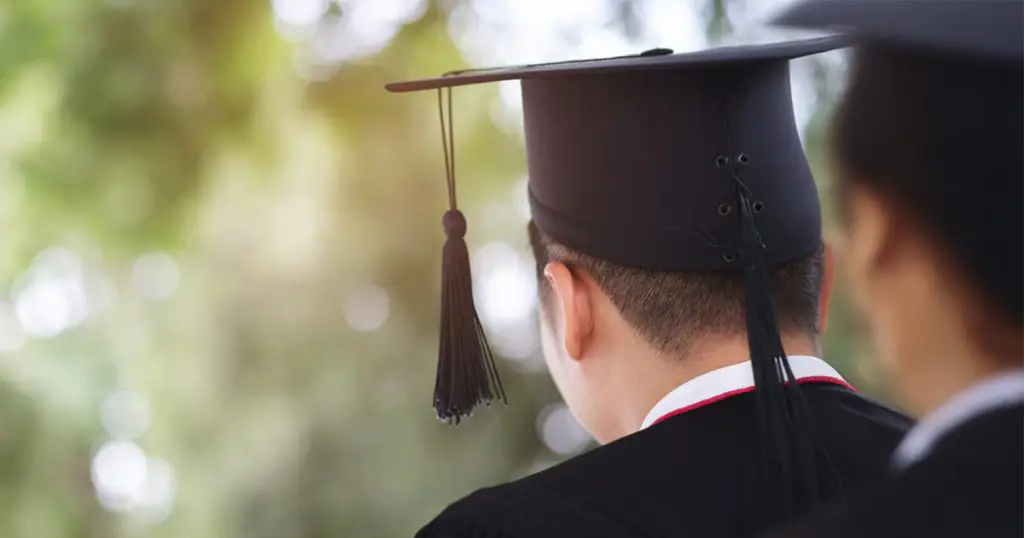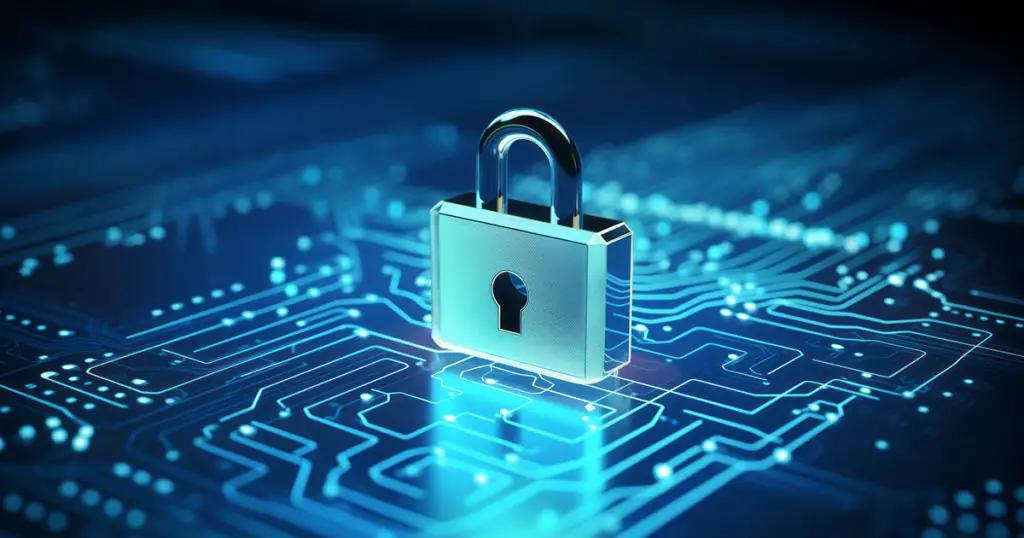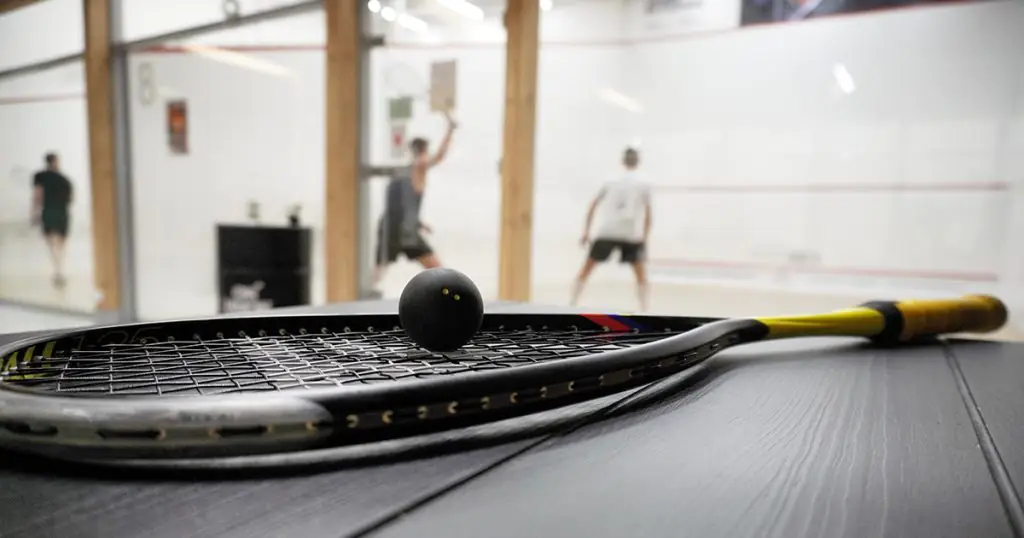3 April, 2025
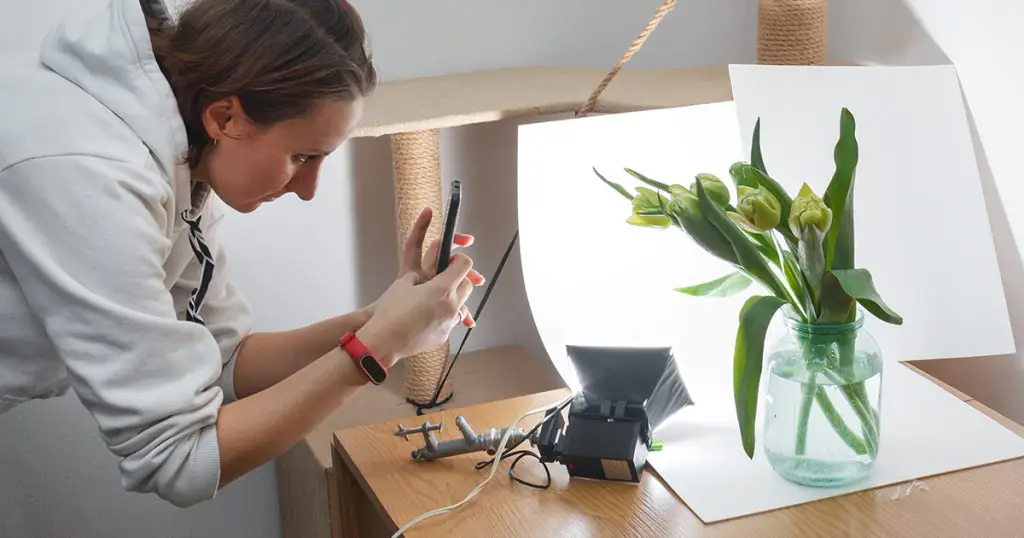
Pinterest is popular with Generation Z, and they use Pinterest somewhat differently than other generations. From a legal perspective most of this is innocuous. But users need to understand that it is possible for them to come across copyright issues if they go too far.
If a Pinterest user receives an infringement notice, they should immediately remove the disputed content.
Creative works such as photos, images, characters, and logos are protected by copyright, trademark, and personality rights. For example, images are protected by copyright. Some creators may not object to their images being shared. However, if an image is used without permission from a copyright holder who wishes to enforce their rights, this could result in a copyright infringement claim.
Users should also understand their own rights. Images they create themselves are automatically protected by their copyright. However, images generated by AI tools are not subject to copyright unless the creator has contributed significant originality and creative input.
For those selling products, avoid manufacturing and selling items that incorporate or imitate someone else’s designs.
Hobbyists using machines like 3D printers or 2D cutters can easily produce items that infringe on creator rights. Even if they have found a licensed design online or from the machine’s website, that license might only allow them to create things for their personal use, and not commercial sale.
Ultimately, anyone posting online content they didn’t create, selling items they didn’t originally design, or creating anything related to someone else’s work — in law it is called a derivative work — should carefully consider whether their actions could infringe on someone else’s rights.
David Canton is a business lawyer and trademark agent at Harrison Pensa with a practice focusing on technology, privacy law, technology companies and intellectual property. Connect with David on LinkedIn, Bluesky, and Twitter.
Image credit: ©Денис Тетеря – stock.adobe.com
